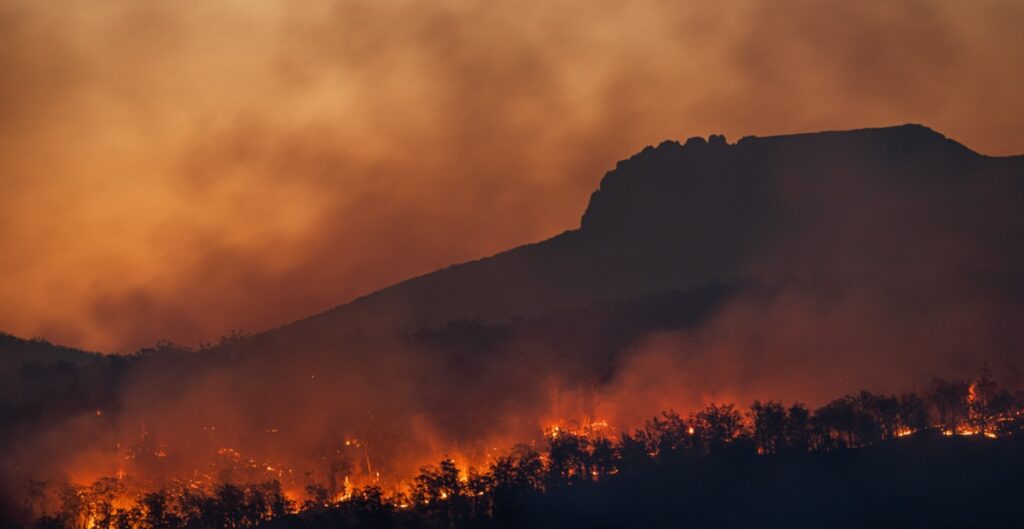Introduction
Global warming, driven by human-induced climate change, is increasingly posing severe challenges to the energy sector. As temperatures rise, weather patterns become more unpredictable, and extreme events become more frequent, the energy industry faces a multitude of problems. In this article, we will explore how global warming exacerbates existing energy challenges and discuss the urgent need for sustainable and innovative solutions to secure our energy future.
- Increased Energy Demand
Rising global temperatures drive an increased demand for cooling, especially in regions experiencing hotter summers. Air conditioning systems and cooling demands contribute significantly to electricity consumption, placing immense strain on power grids. As global warming continues, the demand for energy to meet cooling needs is projected to escalate, further exacerbating energy supply challenges during peak demand periods.
- Intensifying Extreme Weather Events
Global warming amplifies the frequency and severity of extreme weather events, such as hurricanes, heatwaves, and wildfires. These events can disrupt energy infrastructure, cause power outages, and damage energy production facilities. The recovery and repair costs following such events can be substantial, impacting both energy availability and consumer costs.
- Water Resource Depletion
Many traditional energy generation methods, such as thermal power plants, rely heavily on water for cooling purposes. Global warming exacerbates water scarcity and can reduce water availability for energy production, leading to operational challenges for power plants. This can also affect hydropower generation, as shrinking glaciers and altered precipitation patterns impact water availability in rivers and reservoirs.
- Impacts on Renewable Energy Sources
While renewable energy sources play a crucial role in combating global warming, they are not immune to its effects. Changes in weather patterns, such as reduced wind speeds or cloud cover, can affect the predictability and efficiency of wind and solar power generation. Additionally, extreme weather events can damage renewable energy infrastructure, hindering production.
- Disruption to Fossil Fuel Supplies
Rising sea levels and increased storm surges threaten coastal fossil fuel infrastructure, such as oil refineries and natural gas facilities. Supply chain disruptions, damage to transportation routes, and compromised access to extraction sites can lead to energy supply shortages, causing price volatility in the energy market.
- Challenges for Remote and Vulnerable Communities
Global warming disproportionately affects remote and vulnerable communities that rely on traditional energy sources and have limited access to modern energy infrastructure. These communities may face increasing energy costs and supply interruptions due to extreme weather events, exacerbating existing energy poverty.
If you want to dig a little deeper, here is an article from Gas experts Niccolo on how climate change can impact things in the sector.
Conclusion
The impact of global warming on the energy sector is evident and requires immediate action to mitigate its effects. Embracing sustainable and renewable energy sources, implementing energy efficiency measures, and investing in resilient energy infrastructure are crucial steps to address the energy challenges exacerbated by climate change. Governments, businesses, and individuals must work together to reduce greenhouse gas emissions, transition to cleaner energy sources, and adopt adaptive strategies to ensure a secure and sustainable energy future for generations to come. Only through collective efforts can we combat global warming’s adverse effects on the energy sector and create a more resilient and environmentally responsible energy landscape.
